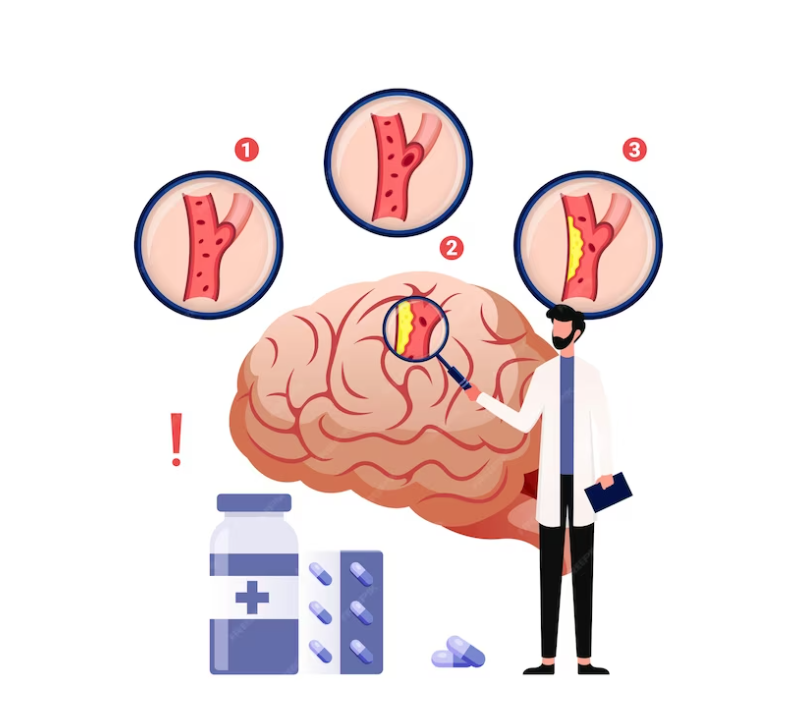
Spotting the Signs: Recognizing a Ruptured Brain Aneurysm
A ruptured brain aneurysm is a medical emergency that requires immediate attention. Knowing the signs and symptoms can save lives. In this blog, we’ll explore the key indicators of a ruptured brain aneurysm in simple terms to help you stay informed and take action if needed.
1. Sudden and Severe Headache:
One of the most common symptoms of a ruptured brain aneurysm is a sudden and severe headache, often described as the worst headache of your life. This headache may come on suddenly and be different from any headache you’ve experienced before.
2. Nausea and Vomiting:
Nausea and vomiting are common symptoms of many health conditions, but when they occur suddenly and are accompanied by a severe headache, they could be signs of a ruptured brain aneurysm.
3. Stiff Neck:
A stiff neck, along with a severe headache, may indicate a rupture of a brain aneurysm. If you find it difficult to touch your chin to your chest due to neck stiffness, seek medical attention immediately.
4. Vision Changes:
Blurred or double vision, or sudden difficulty seeing out of one or both eyes, can be symptoms of a ruptured brain aneurysm. If you experience sudden changes in your vision, don’t ignore them.
5. Loss of Consciousness:
In severe cases, a ruptured brain aneurysm can cause loss of consciousness or fainting. If someone loses consciousness suddenly and unexpectedly, it’s essential to seek emergency medical help right away.
6. Seizures:
Seizures, or sudden convulsions or uncontrolled movements, can occur if a brain aneurysm ruptures and causes bleeding in the brain. Seizures are a medical emergency and require immediate medical attention.
Conclusion:
Recognizing the signs and symptoms of a ruptured brain aneurysm is crucial for prompt diagnosis and treatment. If you or someone you know experiences sudden and severe headaches, nausea, vomiting, vision changes, neck stiffness, loss of consciousness, or seizures, seek medical help immediately to rule out a brain aneurysm.
To seek medical advice, always consult a Doctor. Here are our recommended experts. Click here
To read more on Neurological Disorders. Click Here


